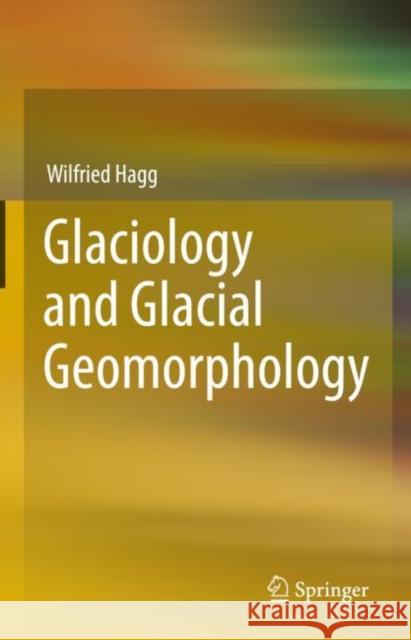Glaciology and Glacial Geomorphology » książka
topmenu
Glaciology and Glacial Geomorphology
ISBN-13: 9783662647134 / Angielski / Twarda / 2022
Glaciology and Glacial Geomorphology
ISBN-13: 9783662647134 / Angielski / Twarda / 2022
cena 402,53
(netto: 383,36 VAT: 5%)
Najniższa cena z 30 dni: 346,96
(netto: 383,36 VAT: 5%)
Najniższa cena z 30 dni: 346,96
Termin realizacji zamówienia:
ok. 16-18 dni roboczych.
ok. 16-18 dni roboczych.
Darmowa dostawa!
Kategorie BISAC:
Wydawca:
Springer-Verlag Berlin and Heidelberg GmbH &
Język:
Angielski
ISBN-13:
9783662647134
Rok wydania:
2022
Wymiary:
23.5 x 15.5
Oprawa:
Twarda
Dodatkowe informacje:
Glosariusz/słownik











